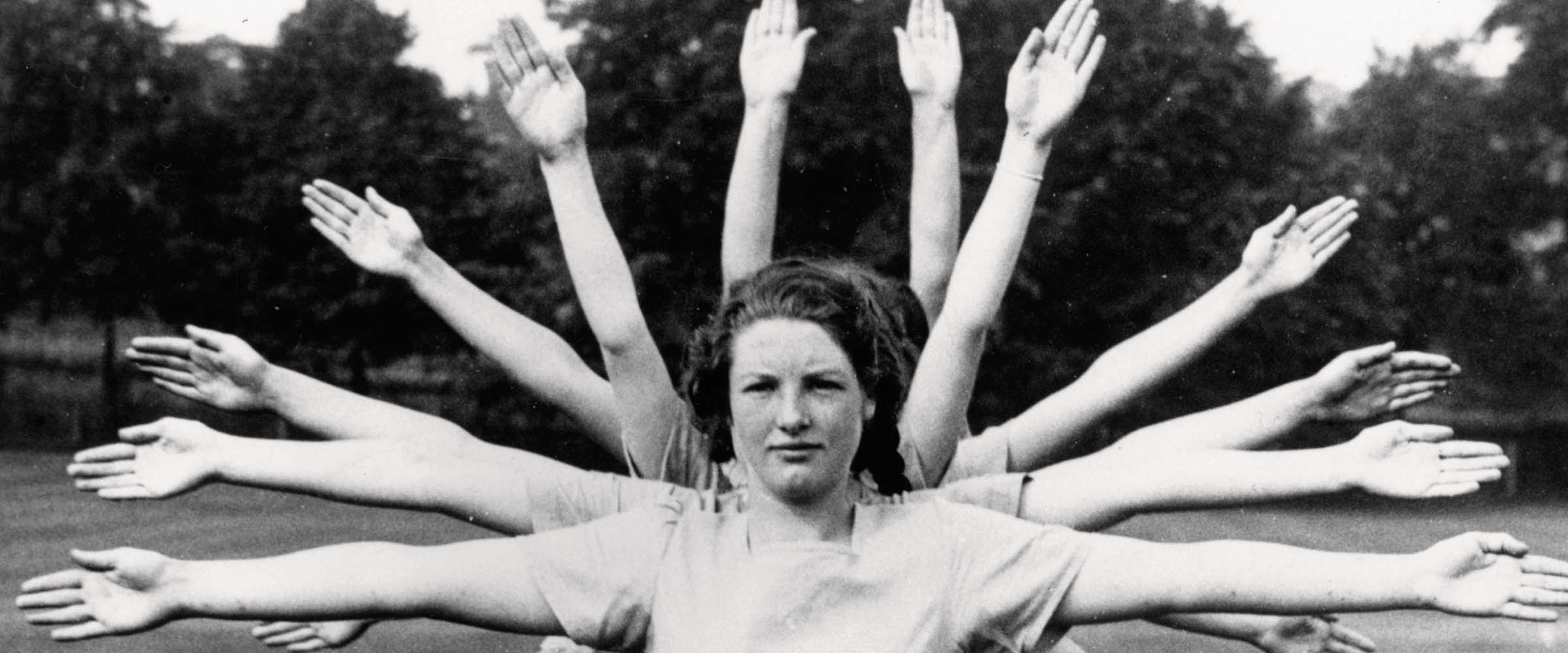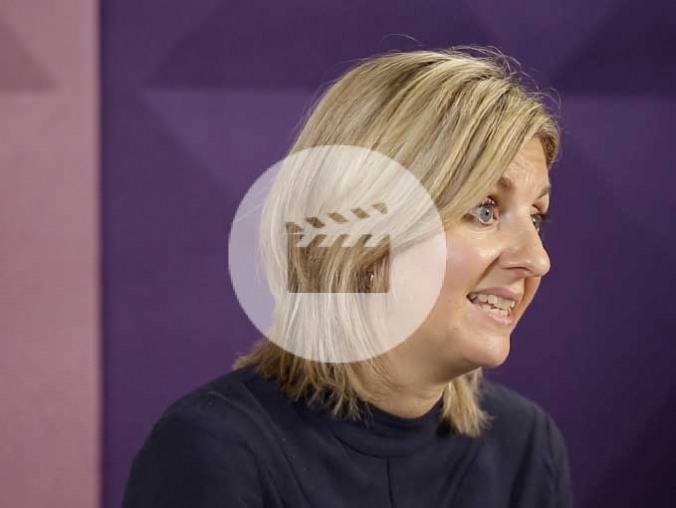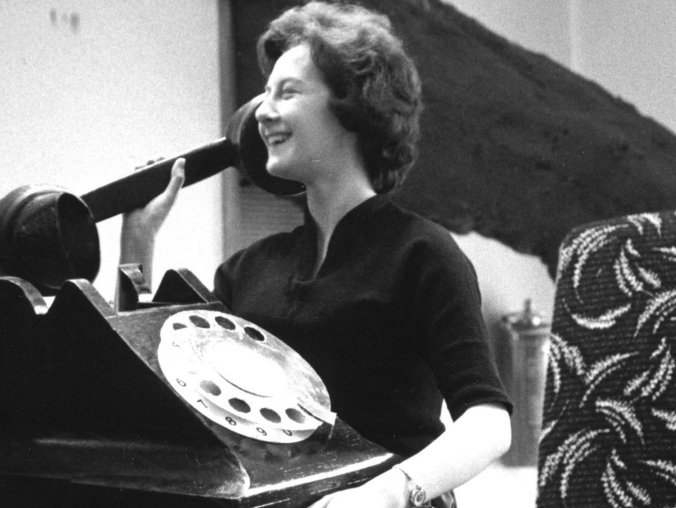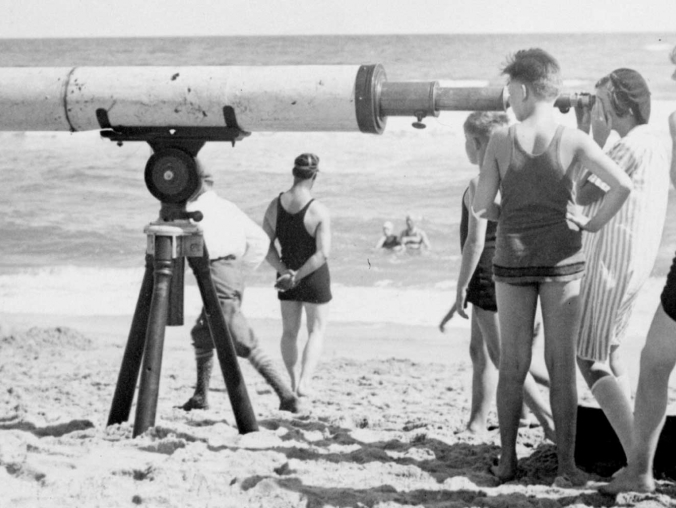

Don’t miss out on extra pension money
Taking full advantage of auto-enrolment, and knowing the maximum contributions offered by your employer, can help you to access extra money for your pension
Saving for your retirement can be a frightening prospect. How can you possibly save enough to cover your living costs for 20 or even 30 years? The good news is, there are ways you can add extra money into your pension and you may already be using both of them without even realising it.
For a start, you may find you already have some pension savings. Since 2012, large businesses in the UK have gradually been introducing auto-enrolment in the workplace, with the requirement becoming compulsory for all employers, including small and medium-sized businesses, by 2018. This means your employer should have automatically enrolled you into a workplace pension scheme, with part of your salary going straight into your pension.
Millions of people have so far been automatically enrolled and, with voluntary opt outs running at relatively low levels, many more people are now saving for their retirement.
Where individuals are thinking about where to put their money to get the best return, the chance to more than double your money through employer contribution and tax relief from the government takes a lot of beating
All this means that, if you haven’t consciously opted out of your workplace pension scheme, some of your salary should be going directly into a savings pot for your retirement – and, even better, you aren’t the only one contributing to your retirement savings. Every time you put money in, the government and your employer put money in too.
When you pay a contribution into your pension savings the government reimburses the income tax you have paid on that money. So, if you are a basic-rate taxpayer and you pay £80 into your pension, the government will add £20 to refund the 20% income tax you paid on that £80. The government contribution is automatically added to your pension by your pension provider, and you don’t need to do a thing as a basic-rate taxpayer.
If you are a higher or additional-rate taxpayer you can reclaim the rest of the income tax you paid via your tax return. This means if you want to pay £200 a month into your pension, you only have to pay in £160, with the government adding the rest. You can find out more about how the government contributes to your pension at: https://www.gov.uk/workplace-pensions/what-you-your-employer-and-the-government-pay.
Better still, your employer should also be contributing to your pension. Under the rules of auto-enrolment, from 6 April 2018 you must contribute at least 5% of your salary to your pension, but 2% of that is paid by your employer. So, if you opt-out of auto-enrolment it means you are missing out on extra contributions. The minimum amount your employer must contribute is also going to rise over the coming years to at least 3% of your salary.
And you could be missing out on even more money from your employer. Research by Royal London has found that over three million people working for large businesses are missing out on approximately £2bn a year that their employer has offered to contribute to their workplace pensions. This is because many employers, and particularly larger employers, offer to match your pension contributions above and beyond the legal minimums.
This means, for example, your employer may offer to match up to 5%. If you earn £40,000 and pay 2% of your salary into your pension that means you are putting in £800 over the year, and tax relief will add a further £200 – if your employer matches your contribution, that’s another £800. But, if your employer will match up to 5%, that means you are missing out on an extra £1,200 by not increasing your own contribution to 5% in order to get your full employer contribution.
“Millions of workers are missing out on ‘buy-one, get-one-free’ money from their employer in the form of ‘matching’ pension contributions,” says Steve Webb, Director of Policy at Royal London. “At a time when money is tight for many people and pay rises may be limited, getting your employer to contribute more to your pension can be a very cost-effective strategy.”
It is a good idea to plan ahead and think about how much is necessary to put away to reach your retirement goal. This will help you work out whether you’re on track, or whether you need to be saving more. “Employees need to find out if their employer offers additional matching pension contributions and give serious consideration to increasing their contributions if they can afford to do so,” says Steve.
“Where individuals are thinking about where to put their money to get the best return, the chance to more than double your money through employer contribution and tax relief from the government takes a lot of beating.”
Pensions are complex and their rules change frequently. If you have any concerns or questions about investing in a pension, it is a good idea to seek help from an independent financial adviser.
More for you

What happens to your pension money?
Lorna Blyth, Investment Strategy Manager at Royal London, and Trevor Greetham, Head of Multi Asset Investments at Royal London, tell you how they invest your retirement savings to help them grow
MORE
Pensions made easy
Pensions can be difficult to get your head around, but knowing the options can help you build the best nest egg possible for your retirement
MORE
Insight into Work: come and work with us!
Our Insight into Work programme means members and their families can experience work at Royal London. Five of our newest candidates tell us about their time working with us
MORE


